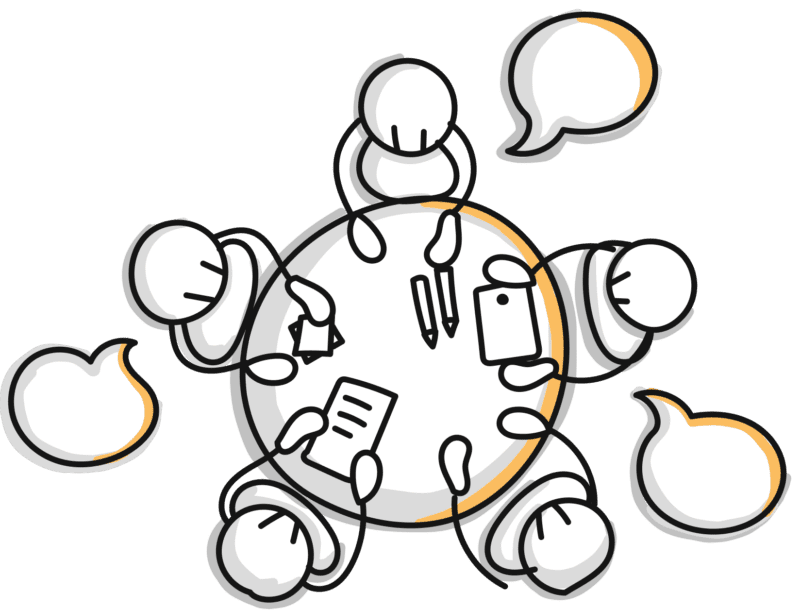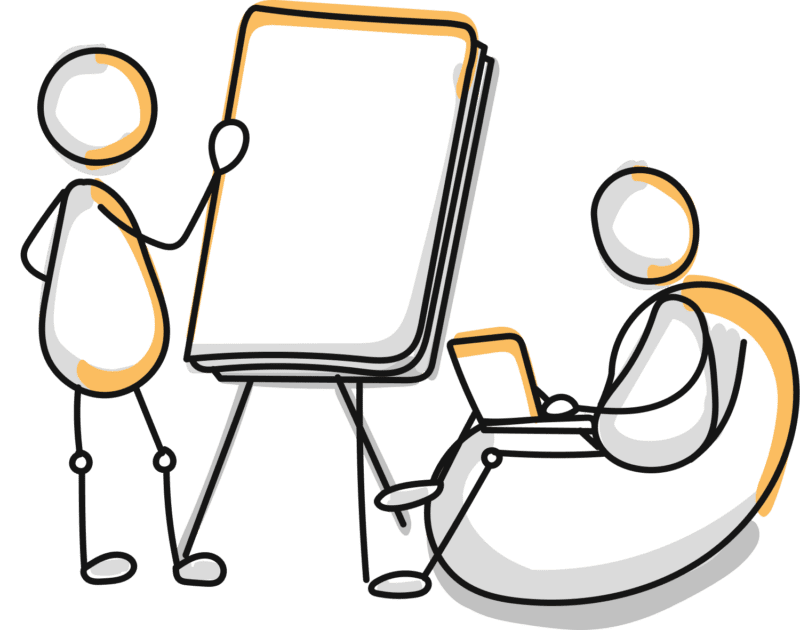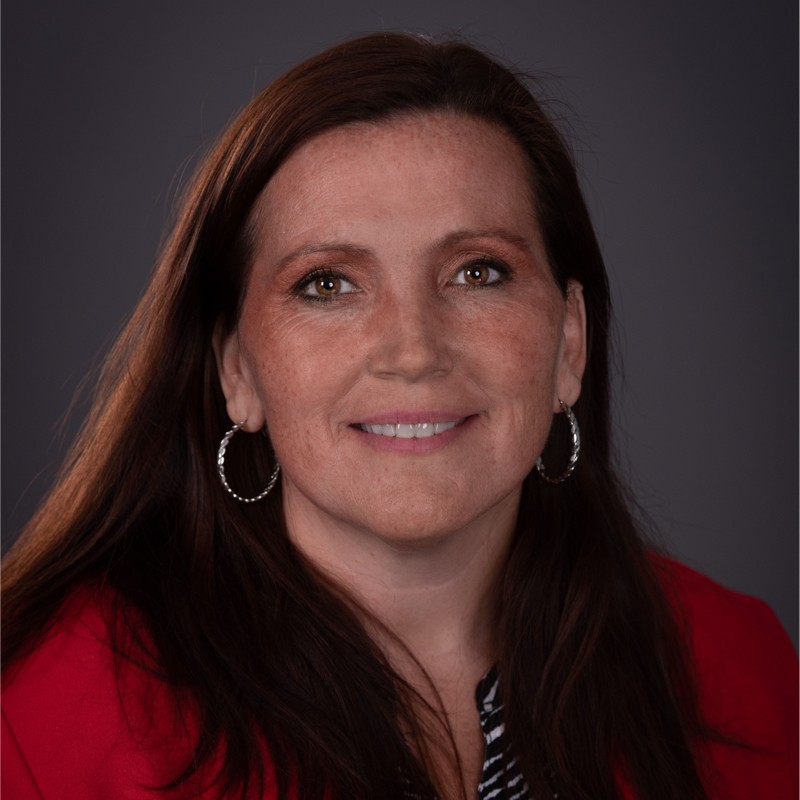Leadership Enhancement at Public Safety Canada Human Resources Directorate
Explore how Public Safety Canada's HR Directorate developed and co-created a program to enhance facilitative leadership skills among its leaders, fostering a community of practice for effective decision-making.

The Client
Public Safety Canada, established in 2003, coordinates all federal departments and agencies responsible for national security and the safety of Canadians.
The Human Resources Directorate, a crucial component of this framework, ensures a skilled, responsive, and well-prepared workforce by providing essential support in personnel management, training, and development.
The Challenge
During and after the COVID-19 pandemic, the HR Directorate faced the challenge of managing a diverse and dispersed team amid rapid change and uncertainty. The pandemic and its aftermath highlighted the need for adaptive leadership to navigate evolving safety environments effectively. Additionally, the bureaucratic nature of government work, with its structured processes and hierarchical decision-making, posed a challenge in fostering a more flexible and responsive leadership approach. The Directorate recognized the need to develop facilitative leadership skills to enhance collaboration, empower teams, and foster agile decision-making within these constraints.
Facilitative leadership, which emphasizes collaboration, empowerment, and shared decision-making, can complement and enhance traditional approaches by fostering a more adaptive and responsive leadership style, particularly in times of rapid change and uncertainty. This approach is especially valuable in the context of public safety, where timely and effective decision-making can have significant implications for national security and the well-being of citizens.
Our Approach
To address this challenge, we co-created a comprehensive program focused on developing facilitative leadership skills. This collaboration involved:
Engaging Leaders in Co-Creation:
- We involved leaders from the Directorate in the design and development of the program, ensuring it was tailored to their specific needs and challenges.
Curating Monthly Workshops:
- We designed a series of monthly workshops, each targeting different aspects of facilitative leadership and group coaching. These workshops were catalysts for transformation, emphasizing practical application and continuous learning.
- Facilitative principles, were fundamental in shaping the structure and content of the workshops.
Building Advanced Leadership Skills:
- The workshops delved into strategic decision-making, team dynamics, and effective communication, essential for leading in high-stress, rapidly changing scenarios. We provided facilitative frameworks to practically guide participants through reflective phases, ensuring holistic and inclusive decision-making processes.
Facilitating Group Coaching:
- Each session was customized to address the unique challenges faced by the team, creating a nurturing environment that promoted shared learning and collective growth. Participatory decision-making and creating spaces for dialogue and diverse perspectives was integral to our approach.
Implementing a Continuous Learning Framework:
- Inspired by the principles of continuous improvement, we ensured that each workshop built on the previous one’s learnings, weaving a coherent tapestry of progressive leadership development. This approach was in line with Peter Senge’s concepts of a learning organization, promoting a culture of continuous learning and adaptation.
The Impact
The program led to a significant enhancement in leadership capabilities within the HR Directorate. Leaders emerged with increased confidence in managing complex situations, improved team cohesion, and more robust decision-making skills. Moreover, the series instilled a culture of continuous learning and adaptation, vital in the ever-shifting landscape of public safety. This journey not only upskilled individuals but also recalibrated the Directorate’s approach to leadership, enhancing national safety and preparedness.
The Conclusion
Through a collaborative and structured approach, we successfully co-created a program that developed facilitative leadership skills among Public Safety Canada’s HR leaders, fostering a cohesive and effective leadership community. This initiative exemplifies the power of co-creation and continuous learning in achieving organizational excellence, demonstrating that facilitative leadership principles can thrive within the structured nature of government work.

Working with Manal has been a journey of discovering, questioning and adjusting my leadership.
Her facilitation skills support a true and dynamic engagement of participants
Her coaching approach is applied throughout by asking key questions to generate rich discussions. She includes a variety of techniques for check-ins, sharing of experience, questioning, ensuring engagement in the hybrid context.
Manal continues to help our management team grow a coherent leadership approach by creating space for each members to go through introspection and adjustments.
Great work!!

